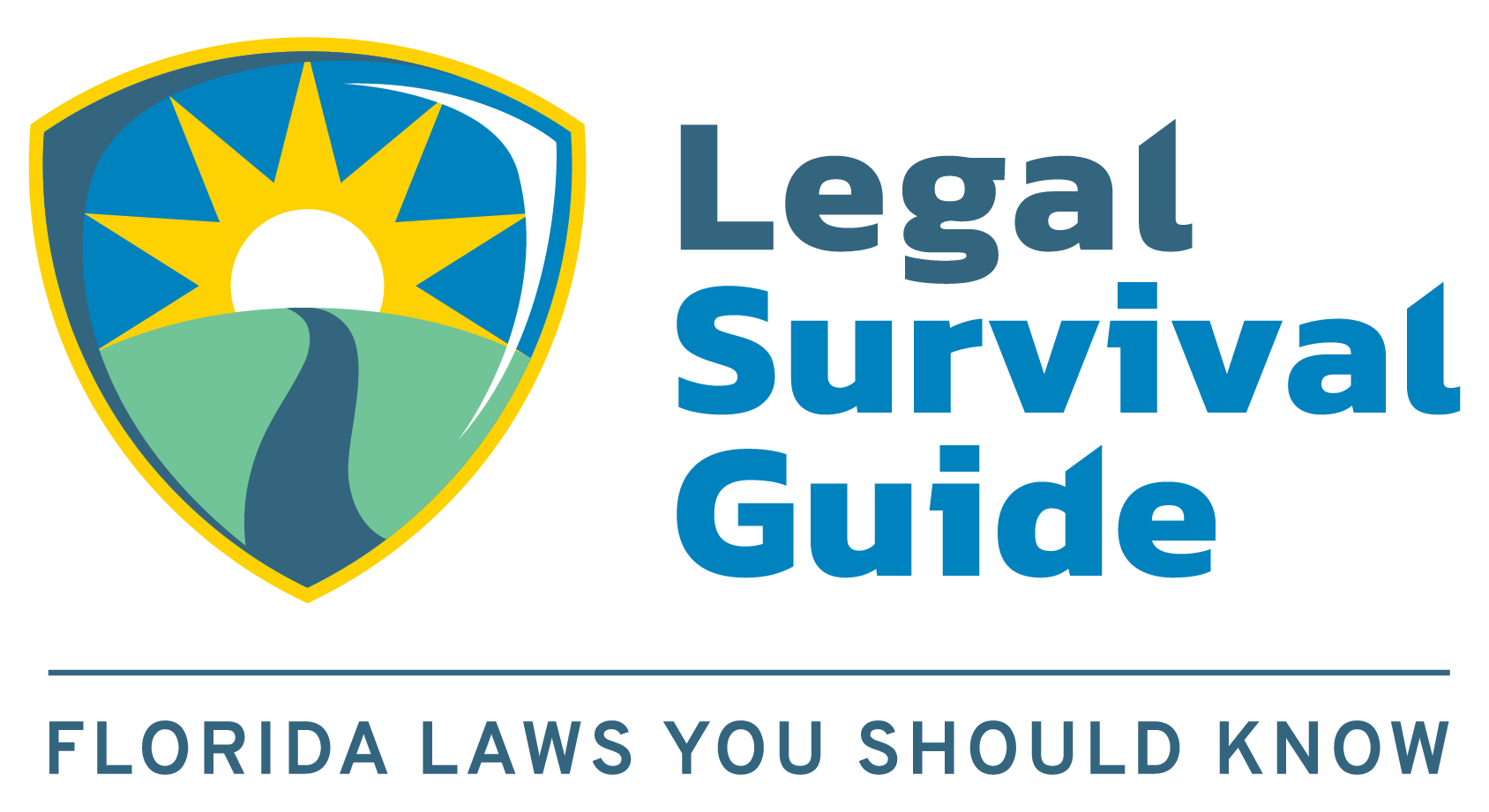Starting your first job is a major life milestone. Not only is it an opportunity to earn your own money, it’s also an opportunity to meet new people and to gain valuable work and life skills. As a minor working in Florida, it’s important to know the laws governing your employment. The laws governing the employment of minors are known as child labor laws.
Overview of Florida’s Child Labor Laws
Child labor laws exist to protect the health, safety and well-being of workers under the age of 18. These laws establish the work age requirements for minors, the hours a minor is allowed to work and the type of jobs a minor can and cannot work.
Age Requirements
Except for a few exceptions, minors under the age of 14 years old are not allowed to work. If you are under 14 years old, you can work for your parents, babysit and deliver newspapers. Minors under 14 years old may also work in the entertainment industry; however, a work permit is required, and additional laws and rules may apply.
Although there are restrictions on the types of jobs that 14- and 15-year-olds can have, they have more job options than minors under the age of 14. For example, 14- and 15-year-olds can work in the retail industry and in the food service industry. They can also be hired for office and clerical work. These are just a few of the jobs available to 14- and 15-year-olds.
Minors between the ages of 16 and 17 have fewer job restrictions than other minors. A few of the additional types of jobs that 16- and 17-year-olds can work include construction jobs, maintenance jobs, and jobs involving driving.
Work Hours Restrictions
During the school year, 14- and 15-year-olds can only work up to 3 hours on a school day and up to 8 hours on Saturday and Sunday for up to 15 hours a week. In addition to a limit on the number of hours a day 14- and 15-year-olds are allowed to work, there is also a limit on the time of day they are allowed to work. They are not allowed to work before 7:00 a.m. or after 7:00 p.m.
During summers and holidays, 14- and 15-year-olds can work up to 8 hours a day for up to 40 hours a week. Regardless of the time of year, 14- and 15-year-olds may not work more than six consecutive days in one week.
During the school year, 16- and 17-year-olds can work up to 8 hours a day for up to 30 hours a week. With the consent of a parent or a school superintendent, 16- and 17-year-olds may be allowed to work more than 30 hours a week during a school week. However, they are not allowed to work before 6:30 a.m. or after 11:00 p.m. There is no limit on the number of hours 16- and 17-year-olds can work during the summer and holidays.
There is no limit to the number of hours a minor may work when they are working for their parents. However, all minors are prohibited from working during school hours.
Prohibited Jobs
The purpose of child labor laws is to protect the health, safety and welfare of minors. As such, some jobs are considered too dangerous for anyone under 18 years old. Some of the jobs minors are prohibited from working include jobs requiring them to operate heavy machinery; use power-driven tools; operate certain motor vehicles; or work on roofs, scaffolding or ladders above six feet. Although this is not an exhaustive list of the types of jobs minors are prohibited from working, it is a good example of the types of jobs considered to be too dangerous for minors.
Exceptions
There are different laws for home-schooled and virtual students who want or need to work, and some minors who attend school may be able to obtain hardship waivers that will allow them to work more hours. Therefore, it is important to understand your situation and to know the laws that apply to you.
Enforcement
The Florida Department of Business and Professional Regulation (DBPR) is responsible for enforcing child labor laws in the State of Florida. The DBPR enforces these laws through the Child Labor Program.
Through the Child Labor Program, DBPR not only investigates possible violations of child labor laws, but it also offers training and resources for teens, parents, and employers and is a great resource when you are thinking about getting a job or you have questions or concerns about your current job.
While this article only discusses Florida child labor laws, there are also federal child labor laws that are enforced by the U.S. Department of Labor.
Final Thoughts
The purpose of both state and federal child labor laws is to protect the health, safety and well-being of minors. As a minor, it is important to know that you cannot be forced to work in unsafe conditions, and you cannot be forced to work unreasonable hours.
If you have specific questions about your current job, future job or about child labor laws in general, please visit the Florida Department of Business and Professional Regulation’s website at MyFloridaLicense.com.

